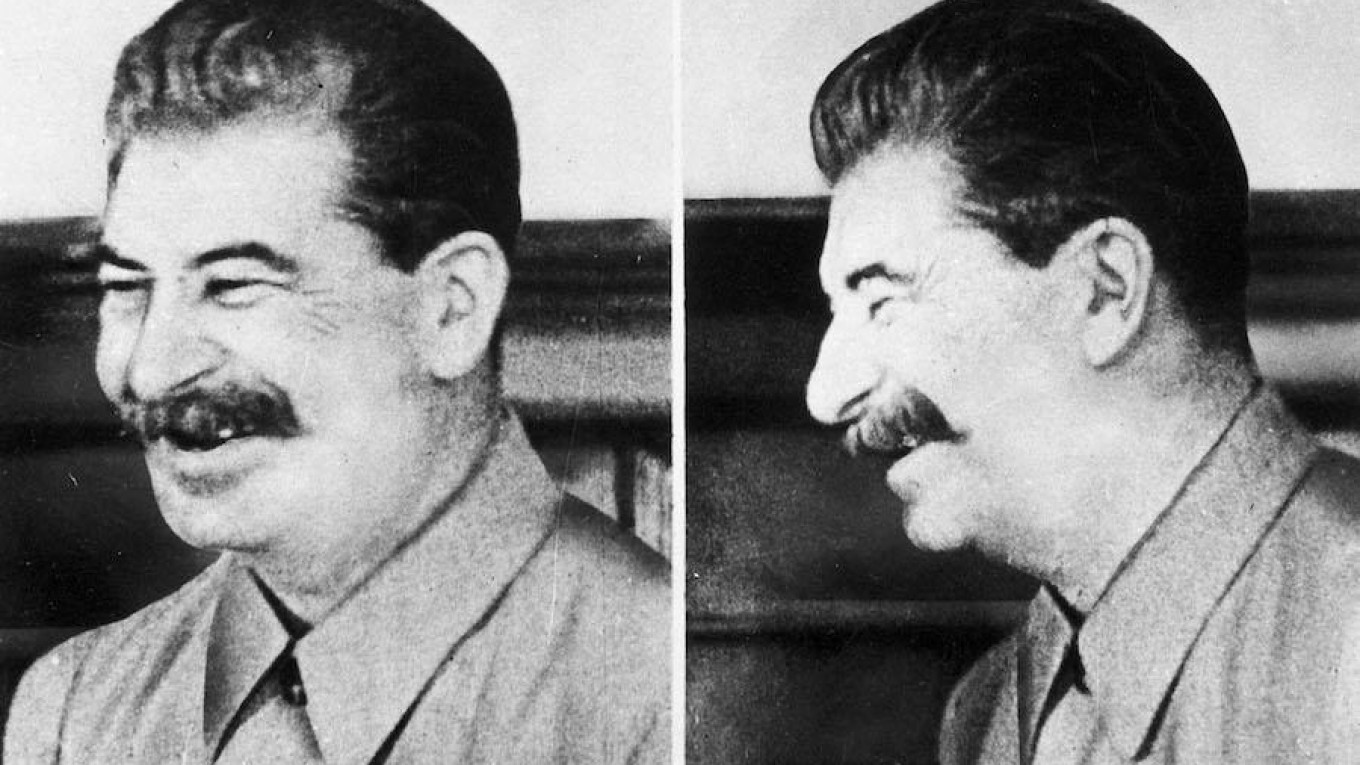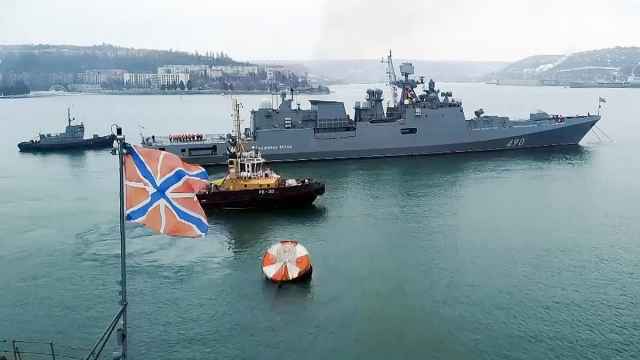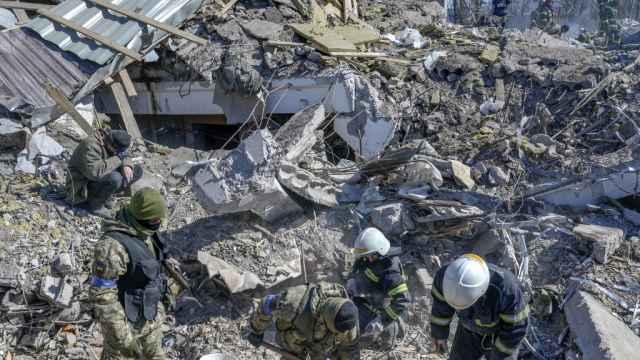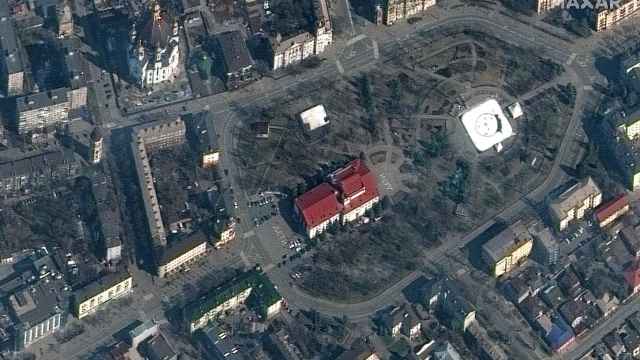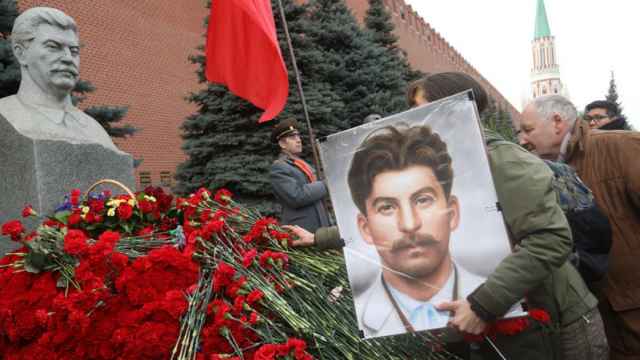The Ukrainian government is preparing to prosecute deceased Soviet dictator Josef Stalin for his 1944 deportation of the Crimean Tatars.
Stalin and his chief of secret police, Lavrenty Beria, could both be charged with genocide, Ukraine's Prosecutor General's Office announced on its website.
Kiev's Prosecutor for Crimean Affairs, Gyunduz Mamedov, pledged that "other participants in the crime would be identified" as part of the investigation, which began in December 2015, Russia's TASS news agency reported.
The case has been dismissed by Russia, with Zaur Smirnov, the head of Russia's State Committee of the Republic of Crimea, describing the case as “a mockery” of the Crimean Tatars' past ordeals.
"These decisions will have no practical effects for the Crimean Tatars,” he told TASS. "These criminal cases by the Prosecutor’s Office against people who have long passed away is nothing but more crass populism," he said.
An estimated 230,000 Crimean Tatars were deported from the peninsula to central Asia during World War II. The moves were a form of collective punishment devised by Stalin, who accused the Crimean Tatars of collaborating with the Nazis. Many deportees died from starvation, thirst, or disease during the journey or in relocation camps in Uzbekistan.
The Crimean Tatars were gradually allowed to return to their homeland during perestroika, and the Supreme Soviet of the USSR recognized the deportation as a crime against humanity in November 1989.
Most Crimean Tatars also chose to stay in the area after Russian annexed the peninsula in 2014.
The Medzhlis — the Crimean Tatars' representative body — was later branded an extremist group by the Russian Justice Ministry on April 18, 2016 and forbidden from operating in Russia. The ban prohibits the organization from meeting, publishing its views in mass media and holding public events.
A Message from The Moscow Times:
Dear readers,
We are facing unprecedented challenges. Russia's Prosecutor General's Office has designated The Moscow Times as an "undesirable" organization, criminalizing our work and putting our staff at risk of prosecution. This follows our earlier unjust labeling as a "foreign agent."
These actions are direct attempts to silence independent journalism in Russia. The authorities claim our work "discredits the decisions of the Russian leadership." We see things differently: we strive to provide accurate, unbiased reporting on Russia.
We, the journalists of The Moscow Times, refuse to be silenced. But to continue our work, we need your help.
Your support, no matter how small, makes a world of difference. If you can, please support us monthly starting from just $2. It's quick to set up, and every contribution makes a significant impact.
By supporting The Moscow Times, you're defending open, independent journalism in the face of repression. Thank you for standing with us.
Remind me later.


